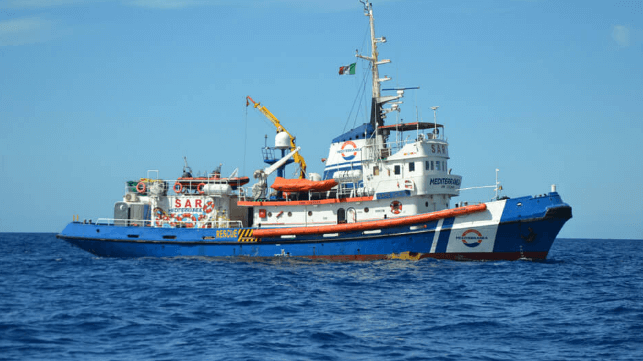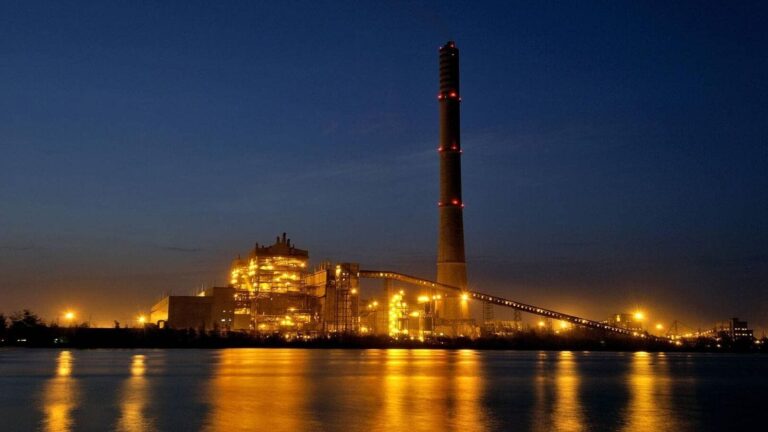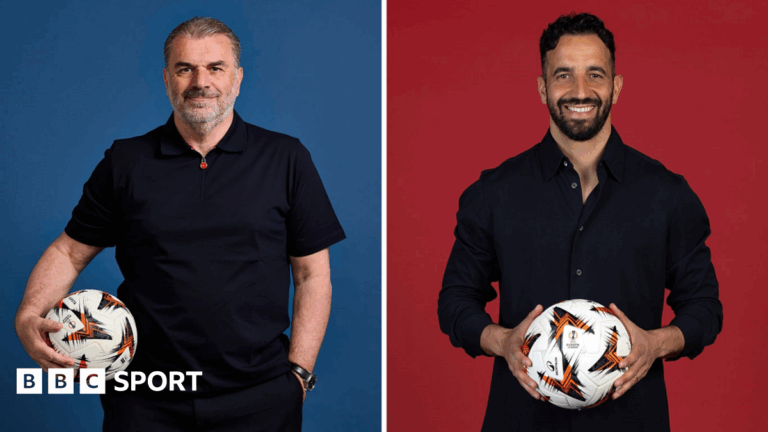Italian Court Orders Trial for Activists After Controversial Mediterranean Rescue of 27 Migrants
Activists Face Trial in Italy for 2020 Mediterranean Rescue Mission
A significant legal battle is unfolding in Italy as six activists from the NGO Mediterranea Saving Humans have been ordered to stand trial for their role in the 2020 rescue of 27 migrants stranded in the Mediterranean. This unprecedented move symbolizes a troubling shift in Italy’s approach to non-governmental organizations (NGOs) involved in humanitarian rescue operations amid escalating tensions surrounding immigration policy in the country.
The Rescue Operation: Maersk Etienne Saga
On August 4, 2020, the product tanker Maersk Etienne responded to a distress call from a small migrant boat approximately 70 nautical miles north of Libya. Following Malta’s instructions, the tanker took aboard the 27 migrants, expecting to receive further assistance. However, a standoff ensued as Maltese authorities denied permission for landing. The crew of the Maersk Etienne, despite their provision of basic necessities, found themselves in a harrowing predicament where legal and political obstacles stood in the way of the migrants’ safety.
In a turn of events, Mediterranea Saving Humans dispatched its vessel, the Mare Jonio, which had a doctor on board to provide crucial medical aid to those rescued. Despite the urgent need for support, Malta maintained its refusal to allow disembarkation, leading to an agonizing delay for the migrants who ultimately disembarked in Pozzallo, Sicily, after being stranded for 38 days at sea.
Legal Controversy and Government Scrutiny
The decision to prosecute the activists—comprised of the Mare Jonio’s captain, crew members, and the group’s founder Luca Casarini—stirs controversy and concern among humanitarian organizations operating in the Mediterranean. Italy’s current government, led by Prime Minister Giorgia Meloni, has adopted hardline policies aimed at curbing the arrival of migrants and refugees. This has resulted in a climate of fear among NGOs that claim they are subjected to harassment and increasingly stringent regulations.
Since Meloni’s appointment in 2022, new rules have granted the Italian Coast Guard enhanced authority over migrant landings. Critics argue that these policies serve to deter rescue operations by redirecting NGOs to more distant ports and subjecting their vessels to frequent inspections—a process that ultimately complicates their lifesaving mandates.
Allegations of Financial Misconduct
The unfolding legal case is further complicated by allegations that Mediterranea Saving Humans profited from the rescue operation. It has been reported that three months after the rescue, Maersk Tankers made a donation of approximately $140,000 to the NGO for expenses related to the operation. Prosecutors allege that this financial support equates to profiteering from the rescue, raising the stakes for the activists who maintain they acted solely out of humanitarian concern.
This multifaceted approach to persecution raises unsettling questions regarding the treatment of NGOs providing humanitarian aid. With activists facing potential charges of aiding illegal immigration, they argue that this trial exemplifies governmental overreach and a broader campaign against organizations that challenge Italy’s stringent immigration policies.
Statements from Activists and the Path Forward
In response to the court’s decision, Luca Casarini has emphasized the righteousness of their actions, stating, "We know very well what we have done: we have helped 27 people, left in the middle of the sea for 38 days." He highlights the trial as an opportunity to hold the government accountable for its inaction in the face of human misery at sea.
The defendants and their supporters maintain that their actions were driven solely by the desire to save lives. They argue that the judicial proceedings against them are indicative of a larger campaign aimed at silencing humanitarian aid efforts. Recent revelations, including the hacking of Casarini’s phone with spyware, underscore concerns over harassment and surveillance tactics against those who advocate for migrant rights.
Looking Ahead: Legal Proceedings and Continued Rescue Efforts
As the trial approaches, set to begin on October 21 in Ragusa, Sicily, Mediterranea Saving Humans is resolute in continuing its mission. Following the turmoil of 2020, the organization has announced a strategic partnership with the German group Sea-Eye to operate a larger vessel, the Sea-Eye 4, now renamed Mediterranean. This move signifies their commitment to increasing rescue efforts and enhancing their capacity to respond to humanitarian crises in the Mediterranean.
The unfolding legal situation serves not only as a trial for the activists involved but also acts as a broader commentary on the state of humanitarianism in Europe. As political and ethical lines blur around the issue of migration, the fate of these activists could potentially influence the future of NGO operations in the heavily policed Mediterranean Sea.
It remains to be seen how the court case will unfold, but one thing is clear: the struggle for migrant rights and humanitarian aid in Italy is far from over. The world watches as these brave individuals prepare to defend their actions—actions that they believe are not only lawful but morally imperative.





